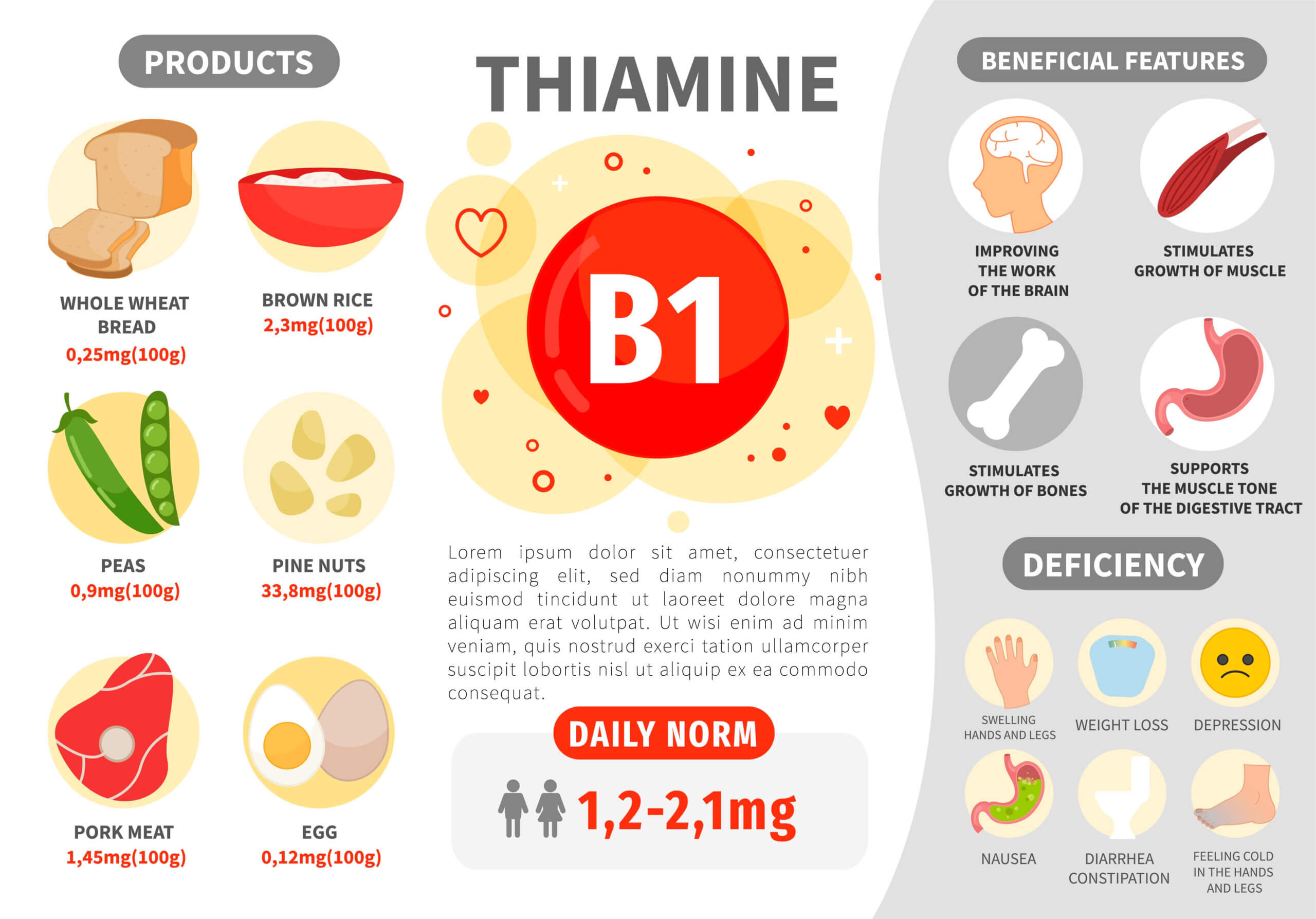 It may be disease-related or due to other reasons that can be addressed and fixed.
December 7, 2022
You notice that your mom has lost weight. Maybe, she was a larger woman who could lose a few pounds. She tells you that she is not hungry or doesn’t have much of an appetite. She does not appear to be underweight, so you don’t think too much about it.
It may be disease-related or due to other reasons that can be addressed and fixed.
December 7, 2022
You notice that your mom has lost weight. Maybe, she was a larger woman who could lose a few pounds. She tells you that she is not hungry or doesn’t have much of an appetite. She does not appear to be underweight, so you don’t think too much about it.
Unintended Weight Loss
A couple of weeks later, you see her again and you notice a little more weight loss. The question to ask is, “Do you mean to lose weight?” Unintended weight loss can become a problem. She also appears weaker and more tired.Ask more questions such as:
-
- Is your mouth sore or is it hard to chew?
-
- Is it hard to swallow?
-
- Do you feel like you are choking when you swallow?
-
- Have you lost your appetite?
-
- Does your stomach hurt?
-
- Do you have swelling or are you retaining fluid?
-
- Can you only eat a little bit at a time?
Physical issues also contribute to malnutrition
Try to find a physical cause. Can they get to the store? Can they cook for themselves? What are they eating? Frozen dinners, soup, cheese, and crackers? Are they drinking enough fluids? They may be eating, but it may not be enough for their nutritional needs. There is usually an imbalance of protein, fat, carbs, and calories that the body needs every day.What else can cause malnutrition?
It could be their medications. It could also be dementia or depression. Chronic disease also decreases appetite.
Common chronic diseases that affect (usually decrease) appetite:
-
- Cancer
-
- COPD
-
- Dementia
-
- Depression
-
- Chronic kidney disease
-
- Chronic liver disease
-
- Heart failure
-
- Underactive thyroid (hypothyroidism)
-
- AIDS
-
- Digestive illnesses – Irritable bowel, Crohn’s, Ulcerative colitis
Common things that may decrease appetite that is usually self-limiting or can be more easily treated at home.
-
- Cold/Flu
-
- Dehydration – when we don’t get enough fluids we feel sick
-
- Stress
-
- GERD – acid reflux
-
- Sadness
-
- Grief
Problems caused by malnutrition:
-
- Increased risk of hospitalization.
-
- Increased risk of death.
-
- It weakens the immune system, making them more susceptible to “getting” an infection.
-
- It causes muscle weakness and bone loss which can lead to an increase in falls and fractures.
-
- It slows wound healing.
-
- It decreases heart muscle mass.
-
- It causes poor respiratory function.
-
- It increases anxiety.
-
- It increases self-neglect. (Poor hygiene, Unkempt appearance, Neglecting to clean the house, Hoarding, Not wearing suitable clothing for the weather, Messy hair, Dirty nails, Unusual odors, etc.)


